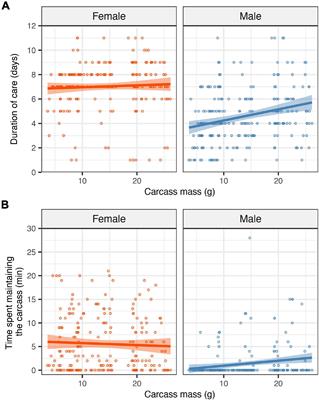EDITORIAL
Published on 05 May 2022
Editorial: The Development and Fitness Consequences of Sex Roles
doi 10.3389/fevo.2022.912520
- 1,592 views
7,269
Total downloads
54k
Total views and downloads
You will be redirected to our submission process.
EDITORIAL
Published on 05 May 2022
ORIGINAL RESEARCH
Published on 07 Jan 2022
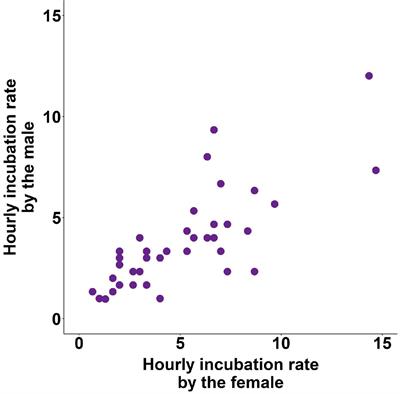
ORIGINAL RESEARCH
Published on 17 Nov 2021
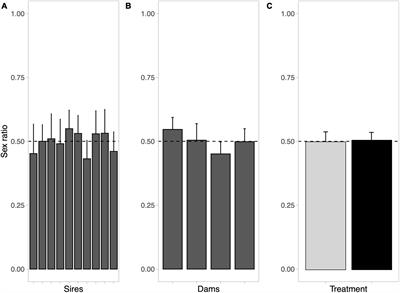
ORIGINAL RESEARCH
Published on 17 Nov 2021
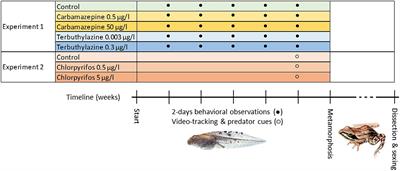
REVIEW
Published on 11 Nov 2021
REVIEW
Published on 05 Nov 2021
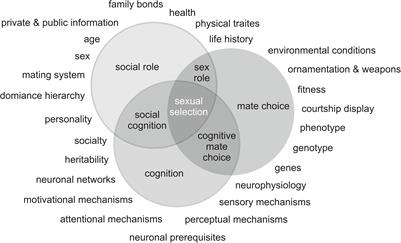
ORIGINAL RESEARCH
Published on 03 Nov 2021
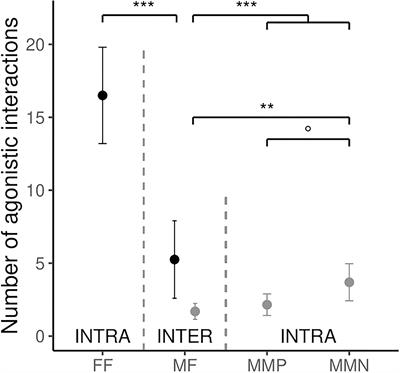
ORIGINAL RESEARCH
Published on 21 Oct 2021
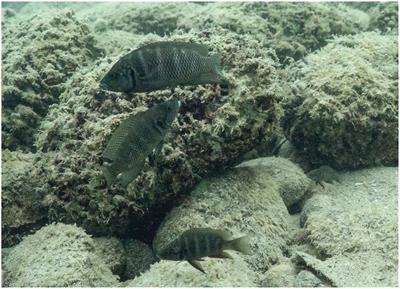
ORIGINAL RESEARCH
Published on 21 Oct 2021
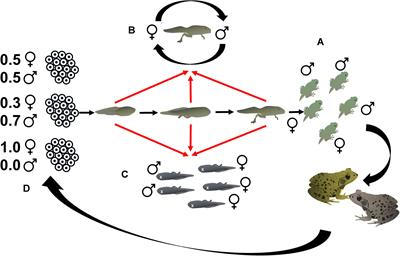
ORIGINAL RESEARCH
Published on 05 Oct 2021
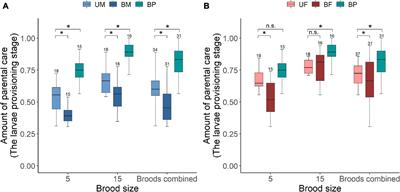
ORIGINAL RESEARCH
Published on 20 Jul 2021
